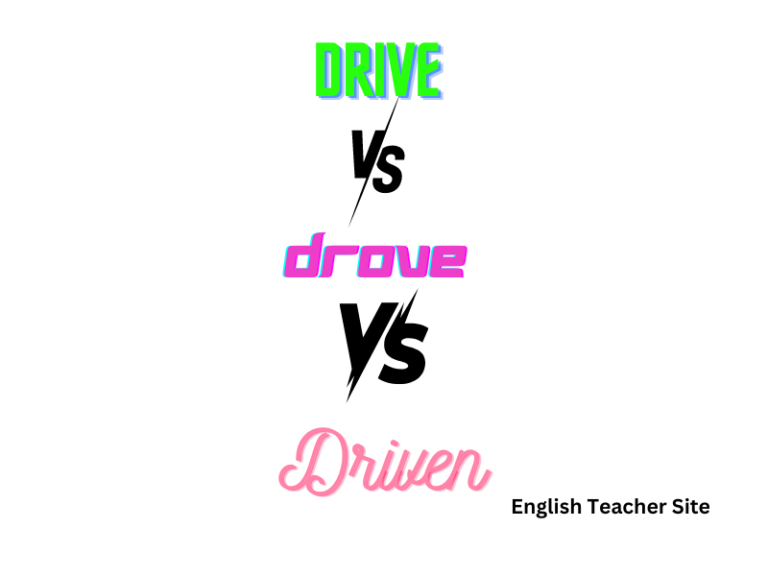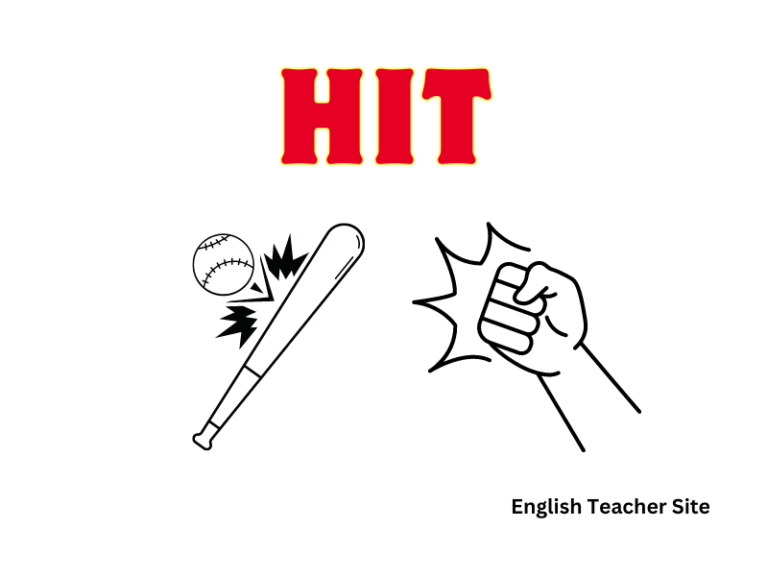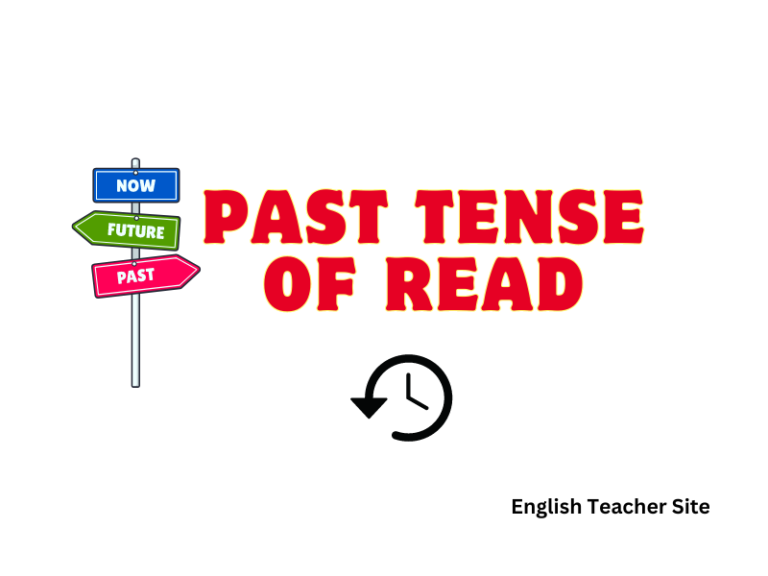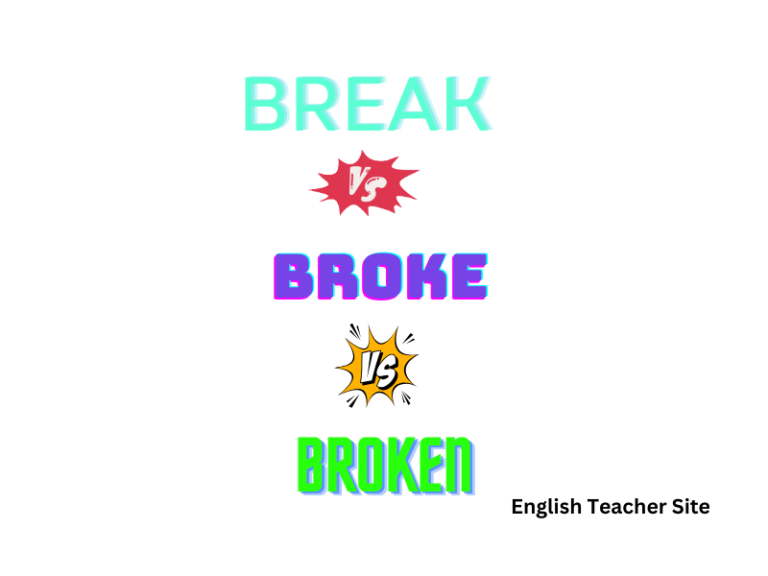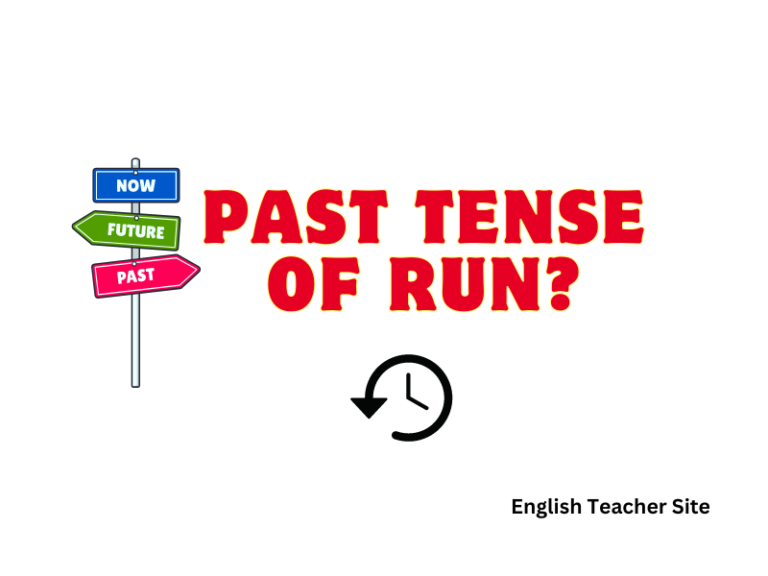Struck or Stricken: Understanding the Past Tense of Strike
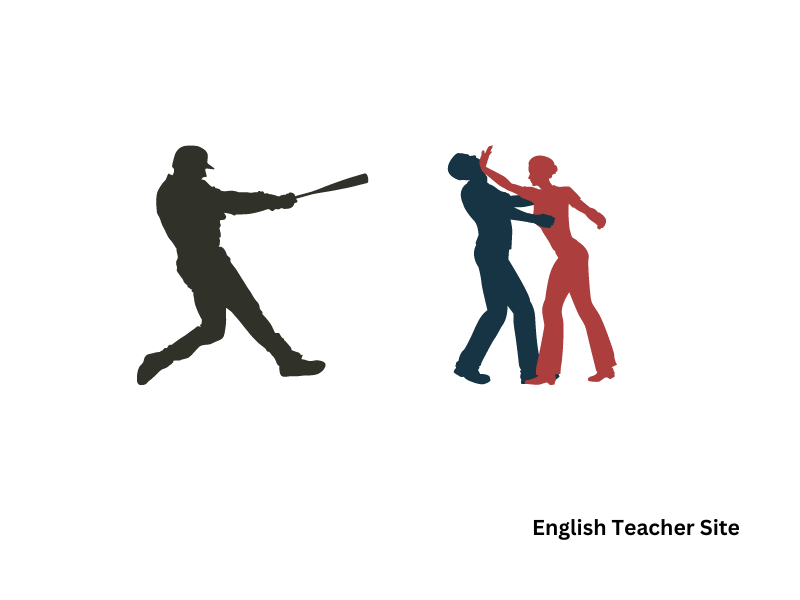
- ‘Struck‘ is generally the preferred simple past tense form of ‘strike’.
- ‘Stricken‘ serves as the past participle in specific grammatical instances.
- Proficiency in using ‘struck’ and ‘stricken’ accurately enhances linguistic precision.
The simple past tense of ‘strike’ is most commonly ‘struck’. However, ‘stricken’ is also correct in specific instances, typically as a past participle when paired with the verb ‘to be’ or ‘to have’. For example, someone might be ‘stricken’ with guilt or a document might have a passage ‘stricken’ out.
Forms of the verb ‘strike’
The verb itself can convey the act of hitting, affecting, or occurring to someone or something.
Present Tense:
- I/you/we/they strike
- He/she/it strikes
Past Tense:
- Struck is commonly used as the past tense form.
Past Participle:
- Both struck and stricken are accepted as the past participle form, though their usage may differ contextually.
In English conjugation, the forms of ‘strike’ transition based on tense and grammatical person. Here’s a breakdown:
| Present Tense | Past Tense | Past Participle |
|---|---|---|
| strike | struck | struck/stricken |
| strikes | (same) | (same) |
When forming the perfect tenses, ‘strike’ combines with ‘have,’ ‘has,’ or ‘had,’ followed by the past participle. Let’s visualize in another table:
| Present Perfect | Past Perfect | Future Perfect |
|---|---|---|
| have struck | had struck | will have struck |
| has struck | (same) | (same) |
| have stricken | had stricken | will have stricken |
It’s essential to note that “stricken” is more formally associated with afflictions or disasters, whereas “struck” is predominantly used for the physical act of hitting or the occurrence of an idea.
Examples in Sentences:
- They strike the ball during the game.
- She struck the target with precision.
- The city was stricken by the epidemic.
The verb ‘strike’ also forms various progressive tenses using ‘am,’ ‘is,’ ‘are,’ ‘was,’ ‘were,’ and ‘will be,’ followed by ‘striking.’
Struck or Stricken – What’s the past tense of strike?
When exploring the past tense of the verb “strike,” one encounters two variations: “struck” and “stricken.” Both forms are correct, depending on the context in which they are used.
Struck typically serves as the simple past tense and past participle in most instances. For example:
- She struck the match to light the candle.
- The clock struck midnight.
In contrast, stricken is generally used as the past participle when it has an adjectival quality, particularly in passive constructions. It often conveys affliction or being deeply affected by something. Examples include:
- He was stricken by grief.
- The village was stricken with a plague.
Here is a comparison in tabular form to provide clarity on usage:
| Tense | Using “Struck” | Using “Stricken” |
|---|---|---|
| Simple Past Tense | He struck the ball. | — |
| Past Participle (Action) | The panel has struck a decision. | — |
| Past Participle (Adjectival) | — | She is love-stricken. |
Now, let’s review some bullet points to solidify the understanding:
- “Struck” is commonly used for both the simple past tense and past participle.
- “Stricken” is less common and is mainly used in an adjectival sense or formal language.
- Both terms can be applied to different grammatical structures, dependent upon the desired meaning.
Past Tense of Strike
In English grammar, the past tense forms of the verb “strike” can lead to confusion, as there are two different terms used: “struck” and “stricken.”
Struck Usage
“Struck” is the simple past tense and the most commonly used past participle form of “strike.” It is used when indicating an action that happened at a definite time in the past. Here is how “struck” is used:
| Person | Simple Past Tense |
|---|---|
| I/he/she/it | struck |
| You/we/they | struck |
Examples of struck in the past tense
“Struck” is utilized in a sentence to depict actions that have been completed. Examples include:
- The clock struck twelve at midnight.
- She struck the ball with great precision.
Stricken Usage
“Stricken” is less common and is used as the past participle in more formal or dated contexts, particularly in passive constructions or as an adjective. Here it is in use:
| Situation or form | Example |
|---|---|
| Past Participle (passive voice) | The town was stricken by the storm. |
| Adjective | She felt a stricken conscience. |
Examples of the past participle struck
The past participle form of the verb “strike” is a versatile element within the English language, used in several tenses and grammatical constructions. Its application, especially in perfect tenses, allows a speaker to convey actions or states that are complete or have an impact on the present.
Below are two tables illustrating the utilization of struck as the past participle in perfect tenses:
Present Perfect Tense
| Subject | Auxiliary Verb | Past Participle |
|---|---|---|
| I | have | struck |
| You | have | struck |
| He/She/It | has | struck |
| We | have | struck |
| They | have | struck |
Past Perfect Tense
| Subject | Auxiliary Verb | Past Participle |
|---|---|---|
| I | had | struck |
| You | had | struck |
| He/She/It | had | struck |
| We | had | struck |
| They | had | struck |
- When using struck in sentences:
- She has struck the match.
- They had struck a deal before the meeting.
- The bell was struck at noon.
The verb strike in the present tense
The English verb “strike” is a common action word that conveys a variety of actions from hitting to igniting to occurring to someone suddenly. This verb operates in a regular pattern when conjugated in the present tense.
Present Simple Conjugation of Strike:
| Person | Conjugation |
|---|---|
| First Person Singular | I strike |
| Second Person Singular | You strike |
| Third Person Singular | He/She/It strikes |
| First Person Plural | We strike |
| Second Person Plural | You strike |
| Third Person Plural | They strike |
In sentences, “strike” might be used as follows:
- “He strikes the match with precision.”
- “She often strikes up conversations with strangers.”
The present continuous tense, which indicates an action that is currently happening, involves the verb “strike” as well:
| Subject | Auxiliary Verb | Present Participle |
|---|---|---|
| I | am | striking |
| You | are | striking |
| He/She/It | is | striking |
| We | are | striking |
| They | are | striking |
When used in the present perfect tense, the verb adopts the form “struck” or “stricken,” though “struck” is more commonly accepted in modern usage.
Present Perfect Conjugations:
- He has struck the bell three times.
- They have struck a deal with the company.
To illustrate the verb in action, consider the following bullet points:
- In a game, a player strikes the ball.
- An employee strikes for better wages.
- Lightning strikes during a storm.
In a confident and neutral explanation, it’s clear that “strike” is versatile and the above conjugations will help learners of English to use this verb accurately in the present tense.
Grammatical Contexts
These forms are applied based on the function within a sentence, whether as a simple past tense or a past participle.
Simple Past Tense:
Struck is the usual simple past tense of “strike,” describing an action completed in the past.
Examples:
- They struck a deal yesterday.
- The clock struck midnight.
Past Participle:
Struck is also commonly used as the past participle in many circumstances.
Examples:
- He has struck out in the last three games.
- The panel has struck this clause from the contract.
Stricken is used as a past participle in particular cases, often when ‘strike’ means ‘to affect or afflict suddenly.’ It connotes a sense of affliction or being hit by something, more figurative than literal.
Examples:
- She was stricken with grief.
- The area was stricken by drought.
Comparison Table: Usage Highlights
| Tense/Form | “Struck” | “Stricken” |
|---|---|---|
| Simple Past | I struck the ball. | Not applicable. |
| Past Participle | The deal has been struck. | He has been stricken with illness. |
Bullet points to remember:
- Struck is the default choice for simple past and many past participle contexts.
- Stricken, while less common, carries a distinct weight in expressing the impact of affliction.
When choosing between “struck” and “stricken,” one must consider the temporal context and the nuance desired to be conveyed.
Origin of the verb ‘strike’
The English verb strike, indicating to hit or deliver a blow, has a rich etymological background. Tracing its roots, strike comes from the Old English word ‘strican’, which means to go, move, or proceed. Interestingly, this Old English term also carried the connotation of ‘to stroke’, showcasing a dual nature in meaning between motion and contact.
Transitioning through the Middle Ages, the term evolved to encompass a wider range of meanings, including to hit or attack, a usage which has persisted into modern English. The transformation of the word’s meaning over time can be understood through two distinct tables:
Old to Middle English Evolution:
| Old English | Middle English | Modern English |
|---|---|---|
| strican (stroke) | strīken (strike) | strike (hit) |
Here, the shift is seen moving from a neutral action (stroking) to a more aggressive one (striking).
Semantic Development:
| Century | Usage |
|---|---|
| 14th | To strike a blow |
| 15th | To impress or take down (as in strike a sail) |
| 16th | To coin or mint (as in striking money) |
| 17th | To come into sudden impact or collision |
| 18th | To remove or withdraw (as in strike a name) |
Through these centuries, the word expanded to include a variety of meanings in different contexts. Notably, strike retained its connection with movement and impact, but also gained abstractions, such as removing something or creating a coin—the latter of which symbolizes to forcibly shape or craft.
Within the English language today, strike maintains this multiplicity of meanings. It can apply to physical contact, as when lightning strikes, or to more metaphoric uses, such as striking a deal. The verb has also produced derived forms for different tenses, like struck for the past tense and stricken for the past participle when used adjectivally.
Source
- Harper, Douglas. “Etymology of strike.” Online Etymology Dictionary, https://www.etymonline.com/word/strike
- “Strike.” Farlex Dictionary of Idioms. https://idioms.thefreedictionary.com/strike
My name is Khamis Maiouf. I am the creator of the English Teacher Site, dedicated to providing valuable resources and insights for students around the world. With a passion for education and a commitment to helping students enhance their skills, I aim to make English teaching more effective and enjoyable for both educators and students.

